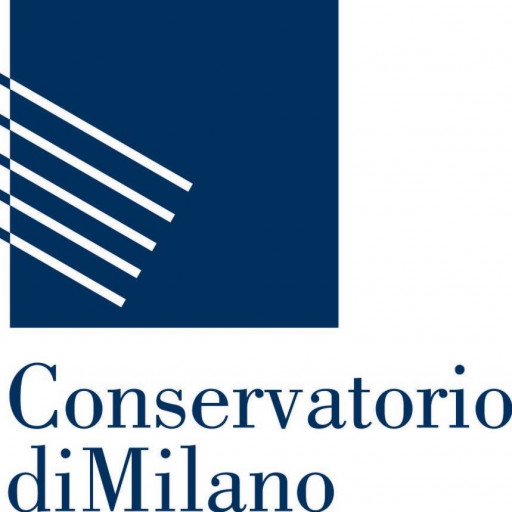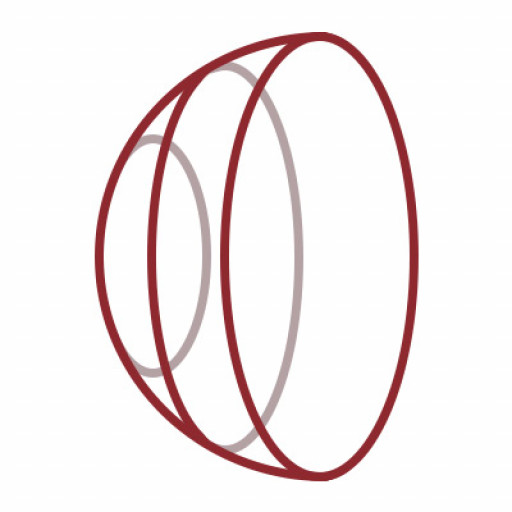Photos of university / #uni_southampton
Sound and Vibration Studies at the University of Southampton is a comprehensive and innovative programme designed to equip students with a deep understanding of the principles and applications of acoustics and vibration engineering. This degree combines theory and practical skills to prepare graduates for a wide range of careers in industries such as aerospace, automotive, music technology, environmental acoustics, and structural health monitoring. Throughout the course, students explore fundamental topics including wave propagation, noise control, acoustical design, vibration analysis, and signal processing, developing a solid foundation in both the scientific and engineering aspects of sound and vibration. The programme features a blend of lectures, laboratory work, group projects, and industry placements, enabling students to apply their knowledge to real-world problems and develop essential teamwork and communication skills. Cutting-edge equipment and facilities, including advanced acoustic laboratories and vibration testing rigs, provide an ideal environment for hands-on learning. Additionally, students benefit from the university’s strong links with industry, offering opportunities for internships and collaborative research projects that enhance employability and professional development. The programme also emphasizes the importance of sustainability and innovative design in acoustics and vibration mitigation, preparing graduates to contribute to technological advancements and environmental solutions. Graduates of Sound and Vibration Studies are well-equipped to pursue careers in innovative sectors, undertake postgraduate research, or start their own ventures in acoustics consultancy, product development, or technological innovation. With a focus on both theoretical knowledge and practical skills, this programme aims to produce flexible, skilled engineers who can meet the challenges of modern sound and vibration engineering in an increasingly complex and noise-conscious world.
Detailed Course Facts
Application deadline EEA:January; International (non-EU) : June Tuition fee- GBP 9000 Year (EEA)
- GBP 14660 Year (Non-EEA)
- English
Course Content
Programme StructureYears one and two
The MLang Languages and Contemporary European Studies in years one and two is broadly the same as the corresponding undergraduate programme but in your second year you are also required to take a module entitled Languages for Academic Study" which is designed to prepare you for studies at the partner university during the year abroad.
Year three - the year abroad
You will select from a range of relevant modules at the partner university and you will take an assessed language module for each language as well as taking two other online modules from Southampton (research skills and one language related content module). Students studying two languages are strongly advised to take up a three month work or study placement in a second country either prior to or following the year abroad. Modules taken at the partner university and online modules from Southampton will all contribute to the final degree classification and marks awarded by the partner university will be translated in accordance with Humanities guidelines.
Preparation and support
You will be carefully prepared both for the year abroad and for higher levels of study. We have well established procedures for supporting you as you prepare for the year abroad and you will receive risk assessment training and will be assigned an academic advisor who will support you in your studies both at Southampton and abroad.
Year 4 - the Masters year
In your final year back in Southampton you will choose modules from Modern Languages Masters programmes and will complete research in an area related to your programme in which you have developed an interest. This will be supervised by a member of academic staff with the relevant research interest. You will write your Masters dissertation in the summer at the end of your fourth year. As an MLang student you are expected to participate in the Humanities research community through Graduate School events and ML research seminars.
Requirements
A Levels:
AAA from 3 A levels including A in one languageGeneral Studies is not accepted.
IB:
36 points with 18 at the Higher Level, including 6 at higher level in one language
Selection process:
Intake: 150 Average applicants per place: 8
UCAS application and one-to-one interview
Work Experience
No work experience is required.
Want to improve your English level for admission?
Prepare for the program requirements with English Online by the British Council.
- ✔️ Flexible study schedule
- ✔️ Experienced teachers
- ✔️ Certificate upon completion
📘 Recommended for students with an IELTS level of 6.0 or below.
Related Scholarships*
- Academic Excellence Scholarship
"The Academic Excellence Scholarship can provide up to a 50 % reduction in tuition per semester. These scholarships will be renewed if the student maintains superior academic performance during each semester of their 3-year Bachelor programme. The scholarship will be directly applied to the student’s tuition fees."
- Access Bursary
Bursary for UK students all subjects where the variable tuition fee rate is payable.
- Alumni Bursary
Alumni Bursary for UK Undergraduate students
* The scholarships shown on this page are suggestions first and foremost. They could be offered by other organisations than University of Southampton.
Sound and Vibration Studies at the University of Southampton is a specialized programme designed to provide students with an in-depth understanding of acoustics, vibration phenomena, and their applications across various engineering fields. The curriculum combines theoretical knowledge with practical skills, enabling graduates to analyze, design, and optimize systems involving sound and vibration. The programme covers fundamental concepts such as wave propagation, noise control, structural vibrations, and signal processing, along with advanced topics like underwater acoustics, audiology, and sound quality assessment. Students have access to state-of-the-art laboratories and facilities, supporting hands-on learning through experiments, projects, and industry collaborations. The course is structured to prepare students for careers in sectors including aerospace, automotive, audio technology, health sciences, and environmental consultancy. The programme also emphasizes the development of skills in computer-aided design, finite element analysis, and simulation tools essential for modern acoustics and vibration engineering. Graduates of the programme are well-equipped to undertake research roles or enter industries where noise and vibration are critical factors in product design, safety, and compliance. The university’s strong links with industry partners provide opportunities for work placements, internships, and collaborative research projects, enhancing employability. Overall, Sound and Vibration Studies at Southampton aims to produce highly skilled professionals capable of addressing current challenges in acoustics and vibrations across multiple disciplines.











